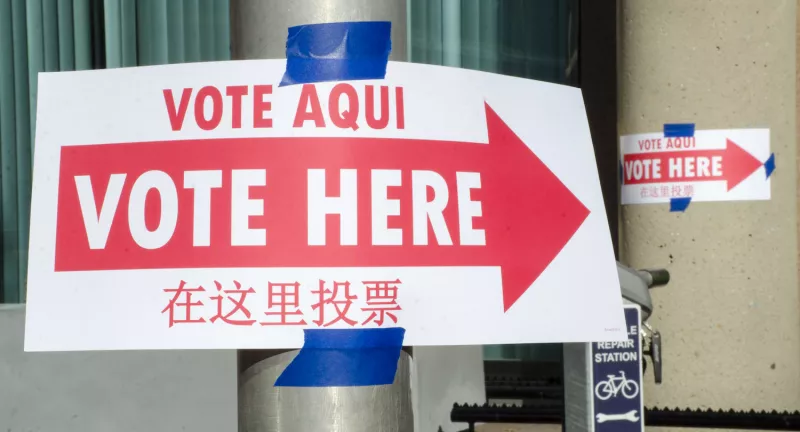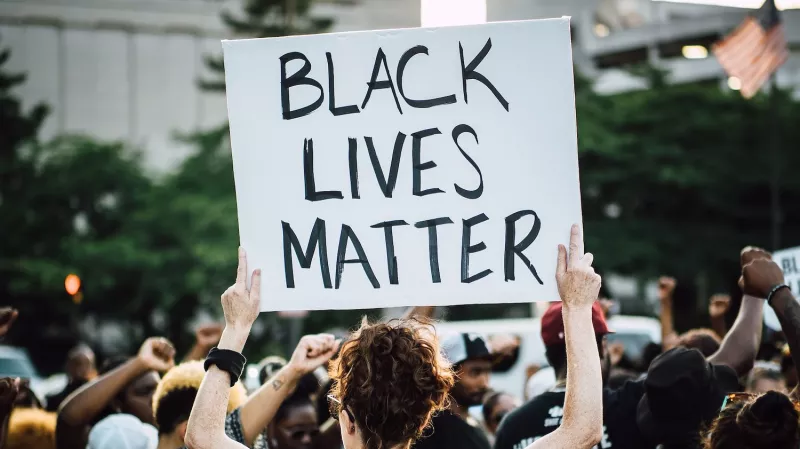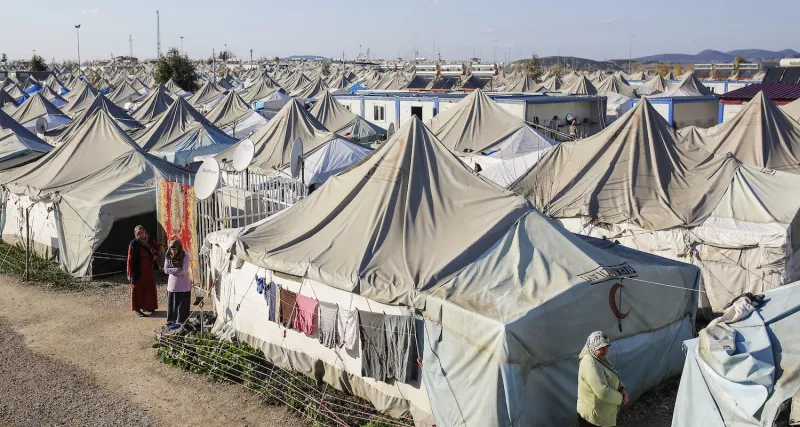Reports & Analysis
CSMAP produces rigorous, data-driven reports and analyses on policy relevant topics.
Search or Filter
-
Analysis
Reducing Exposure To Misinformation: Evidence from WhatsApp in Brazil
Deactivating multimedia on WhatsApp in Brazil consistently reduced exposure to online misinformation during the pre-election weeks in 2022, but did not impact whether false news was believed, or reduce polarization.
August 16, 2024
-
Analysis
Latinos Who Use Spanish-Language Social Media Get More Misinformation
That could affect their votes — and their safety from covid-19.
November 8, 2022
-
Analysis
Echo Chambers, Rabbit Holes, and Ideological Bias: How YouTube Recommends Content to Real Users
We find that YouTube’s recommendation algorithm does not lead the vast majority of users down extremist rabbit holes, although it does push users into increasingly narrow ideological ranges of content in what we might call evidence of a (very) mild ideological echo chamber.
October 13, 2022
-
Analysis
Trendless Fluctuation? How Twitter’s Ethiopia Interventions May (Not) Have Worked
Twitter’s decision to deactivate trending topics in Ethiopia did not reduce the volume or toxicity of tweets about the civil war.
January 11, 2022
-
Analysis
Is Social Media to Blame for Violence at the U.S. Capitol?
This explains how social media can both weaken — and strengthen — democracy. Groups opposed to fundamental tenets of liberal democracy also have found their megaphone.
January 7, 2021
-
Report
Online Issue Politicization: How the Common Core and Black Lives Matter Discussions Evolved on Social Media
To better understand how an issue becomes politicized over time, we examine Black Lives Matter and Common Core State Standards and track how they evolved over time.
September 4, 2020
-
Analysis
Who Was Most Likely to Share Fake News in 2016? Seniors.
In general, people don't tend to share a lot of links to fake news websites, but those that do are more likely to be older and more politically conservative.
January 9, 2019
-
Report
Syrian Refugee Crisis Data Report
Social media data provides new insights into how the world watches a humanitarian disaster unfold in real time. We analyze Twitter data and find which events grab global attention, how perceptions shift, and whose narratives gain traction.
September 16, 2016







